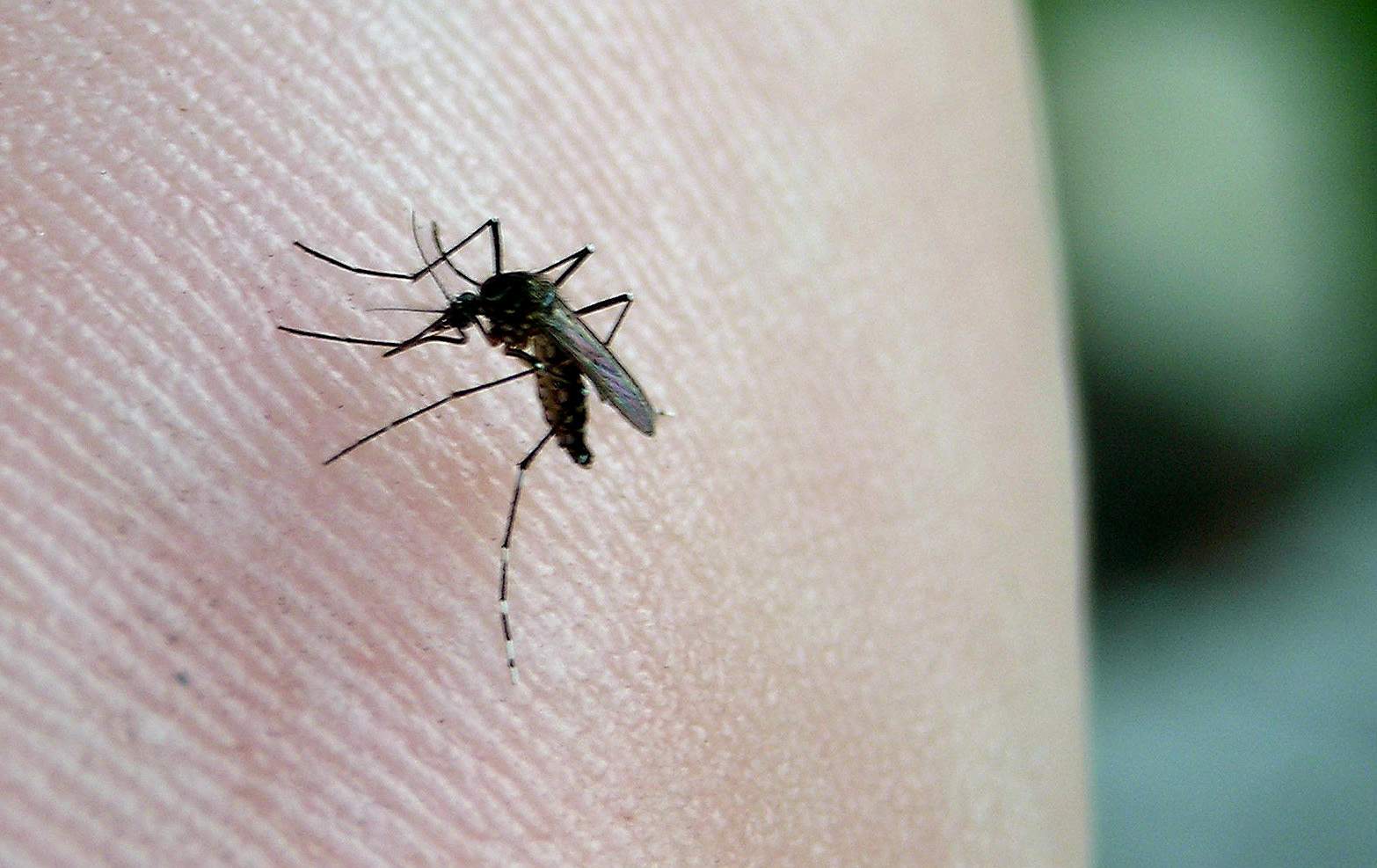 sales@caribbee.com
email
0208 682 1115
sales@caribbee.com
email
0208 682 1115
Our expert travel advisors are ready to help

Posted on 15/10/2014
Unfortunately this disease has come to the Caribbean, we thought it necessary to bring you some facts about the disease and measures to counteract the disease.
Chikungunya is a viral disease transmitted to humans by infected mosquitoes. It causes fever and severe joint pain. Other symptoms include muscle pain, headache, nausea, fatigue and rash.
Signs and symptoms
Chikungunya is characterised by an abrupt onset of fever frequently accompanied by joint pain. Other common signs and symptoms include muscle pain, headache, nausea, fatigue and rash. The joint pain is often very debilitating, but usually lasts for a few days or may be prolonged to weeks.
Is the disease fatal?
Human immune system is capable of recovery from this disease in almost all cases. But it might take a while for the symptoms to disappear, especially the joint pains. But the outbreak at Reunion Island is suspected to have caused 200 deaths. The risk is higher for older people.
Treatment
There is no specific antiviral drug treatment for Chikungunya. Treatment is directed primarily at relieving the symptoms, including the joint pain using anti-pyretics, optimal analgesics and fluids. There is no commercial chikungunya vaccine.
Prevention and control
The proximity of mosquito breeding sites to human habitation is a significant risk factor for chikungunya as well as for other diseases that these species transmit. Prevention and control relies heavily on reducing the number of natural and artificial water-filled container habitats that support breeding of the mosquitoes. This requires mobilisation of affected communities. During outbreaks, insecticides may be sprayed to kill flying mosquitoes, applied to surfaces in and around containers where the mosquitoes land, and used to treat water in containers to kill the immature larvae.
For protection during outbreaks of chikungunya, clothing which minimizes skin exposure to the day-biting vectors is advised. Repellents can be applied to exposed skin or to clothing in strict accordance with product label instructions. Repellents should contain DEET. For those who sleep during the daytime, particularly young children, or sick or older people, insecticide treated mosquito nets afford good protection. Mosquito coils or other insecticide vaporizers may also reduce indoor biting.
Basic precautions should be taken by people traveling to risk areas and these include use of repellents, wearing long sleeves and pants and ensuring rooms are fitted with screens to prevent mosquitoes from entering.